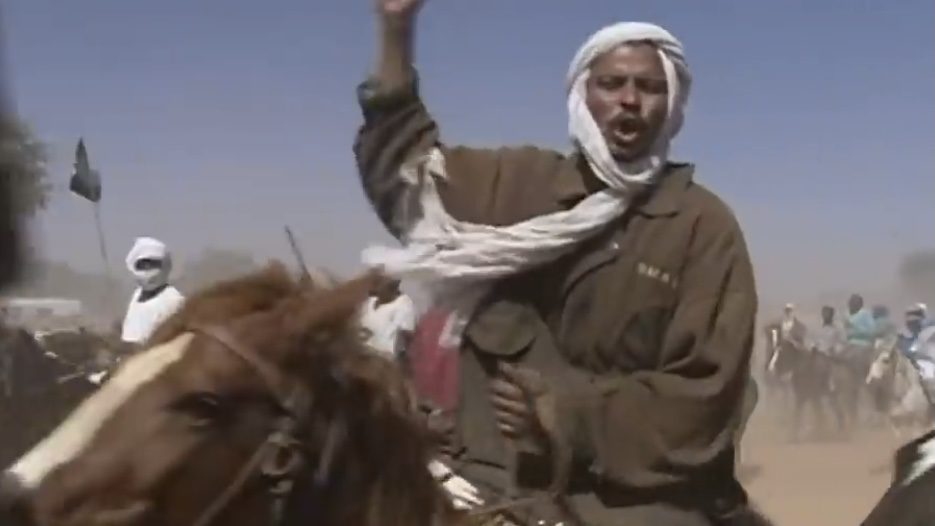Arab and non-Arab clashes in Sudan leave over 100 dead in Darfur
Noriko Watanabe and Lee Jay Walker
Modern Tokyo Times

Ethnic fighting between Arab Rizeigat and the African Gimir is reported to have led to the deaths of at least 117 people in Darfur, Sudan. According to initial reports, most of the dead come from the African Gimir ethnic group.
Two months ago, hundreds of mainly non-Arab Massalit (Masalit) people were killed by Arabs in April. This also took place in Darfur. The following month, more bloodletting involving Arabs and ethnic Fallata resulted in 45 deaths. Therefore, the blood keeps on flowing in Darfur.
Voice of America reports, “The latest fighting broke out last week between the Arab Rizeigat and non-Arab Gimir tribes in the district of Kolbus, about 160 kilometers (100 miles) from El Geneina, the capital of the West Darfur state.”
Political convulsions in Sudan’s capital city, Khartoum, are leading to new ethnic convulsions in Darfur. The region was already tense before 2019 when President Omar al-Bashir was forced out of power. This was followed by new political convulsions in Sudan when military chief Abdel Fattah al-Burhan obtained power after a military coup in late 2021.
UN News reports, “The Darfur conflict began in 2003, between Sudanese Government forces, backed by militia groups known as the Janjaweed, pitted against mainly non-Arab Darfur rebel movements, angry over discrimination and neglect on the part of the central government. Hundreds of thousands were killed, and several million displaced by the brutal fighting.”
During the civil war in Sudan (1983-2005), many non-Arab ethnic groups were enslaved by Arabs. The real number of dead isn’t known for certain. However, most estimates claim that approximately 2 million people died from war, famine, and disease. Indeed, some African Animists and Christians were denied food aid by Arabs during the Islamization processes of the Khartoum government.
It is often overlooked that slavery was still allowed in the land of Mecca (Saudi Arabia) until the early 1960s and ended a little later in a few other regional nations.
The BBC reported two years ago, “One of the Janjaweed (Arab) fighters saw that I was from a different area. He called me a slave and another pushed me and I fell face-first into the fire.”
Turning back to the latest massacre, African News reports, “Abkar al-Toum, a tribal leader in the town, said the dead included at least 62 bodies found burned after militias set more than 20 villages on fire. He said many people were still unaccounted for. He claimed the attackers gained control of water resources, aggravating the humanitarian situation in the area. He did not elaborate.”
The fragility of Darfur looks set to continue for the foreseeable future. Hence, more ethnic massacres will continue. After all, the political situation is polarized in Sudan – and enormous distrust remains in Darfur concerning recent history. Therefore, the cycle of ethnic massacres, poverty, internal refugee camps, and other ills – looks set to continue.

Modern Tokyo News is part of the Modern Tokyo Times group
DONATIONS to SUPPORT MODERN TOKYO TIMES – please pay PayPal and DONATE to sawakoart@gmail.com
http://moderntokyotimes.com Modern Tokyo Times – International News and Japan News
http://sawakoart.com – Sawako Utsumi personal website and Modern Tokyo Times artist
https://moderntokyonews.com Modern Tokyo News – Tokyo News and International News
http://global-security-news.com Global Security News – Geopolitics and Terrorism
PLEASE JOIN ON TWITTER
https://twitter.com/MTT_News Modern Tokyo Times
PLEASE JOIN ON FACEBOOK